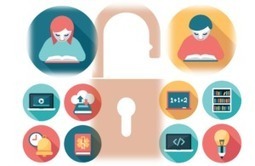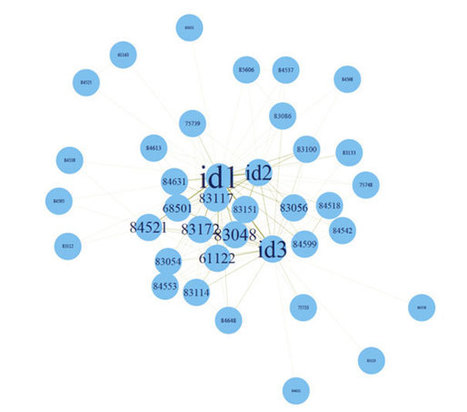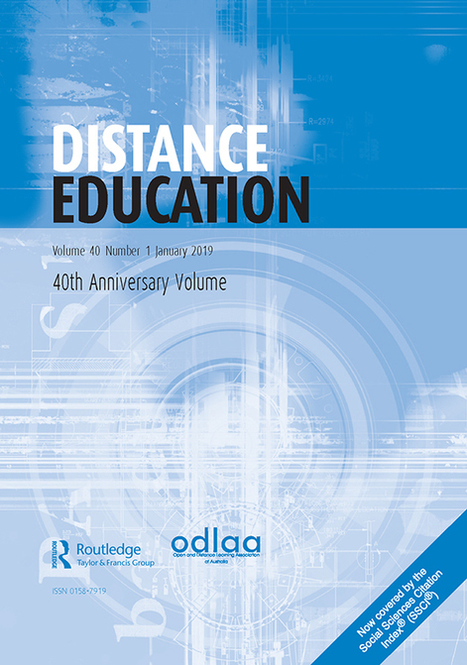As remote teaching and learning become more common–if not the standard in many places over the next six months–I thought it might be useful to offer some remote teaching tips to engage students in distance learning.
As with all content, how useful and relevant any of these are depends on your context–experience, grade level, need, priorities and strengths as a teacher, etc. Some are possibly too general to help (e.g., ‘Simplify’), but hopefully out of the 25 remote teaching tips below, one or two might stick and make your planning a little easier–and more engaging for students.



 Your new post is loading...
Your new post is loading...



















